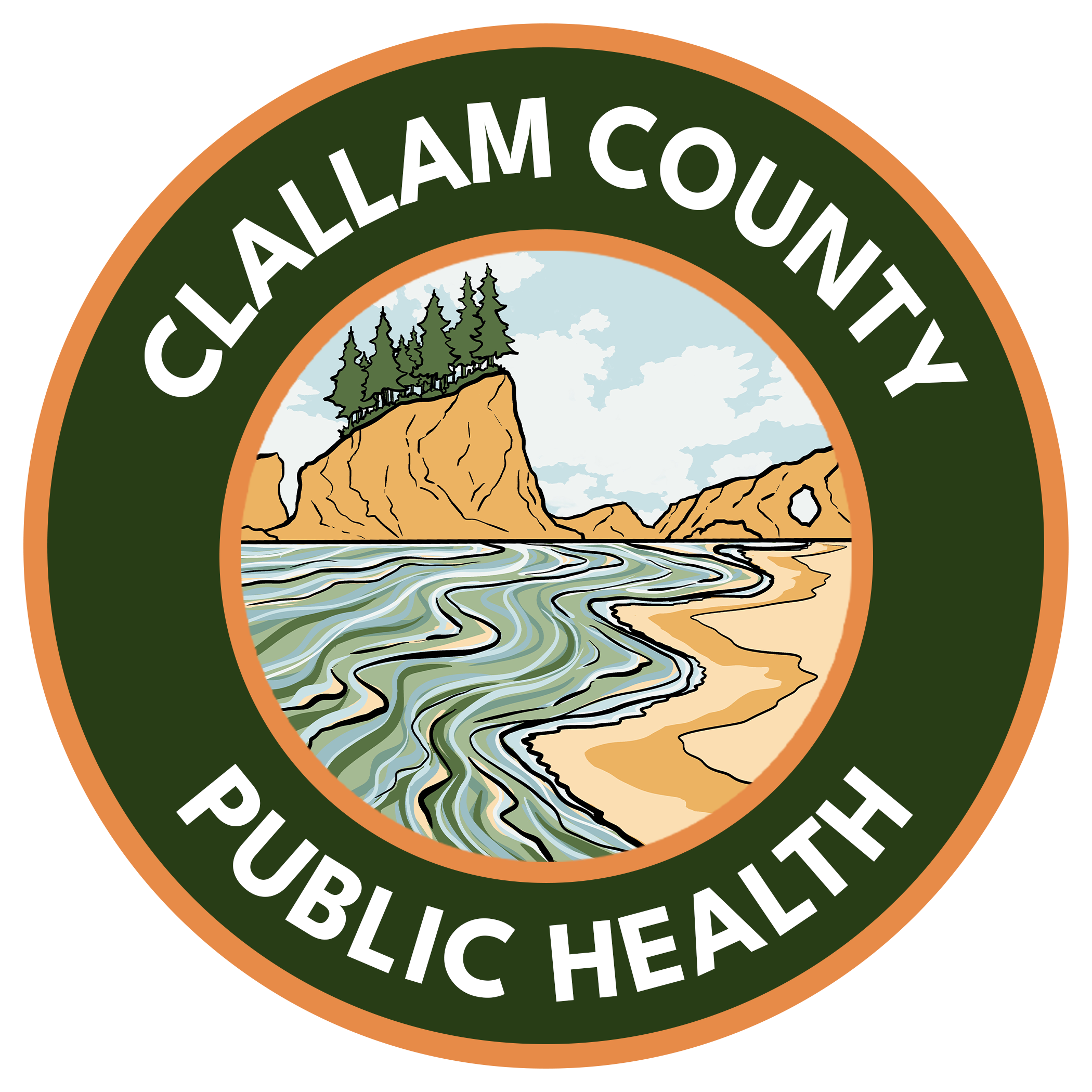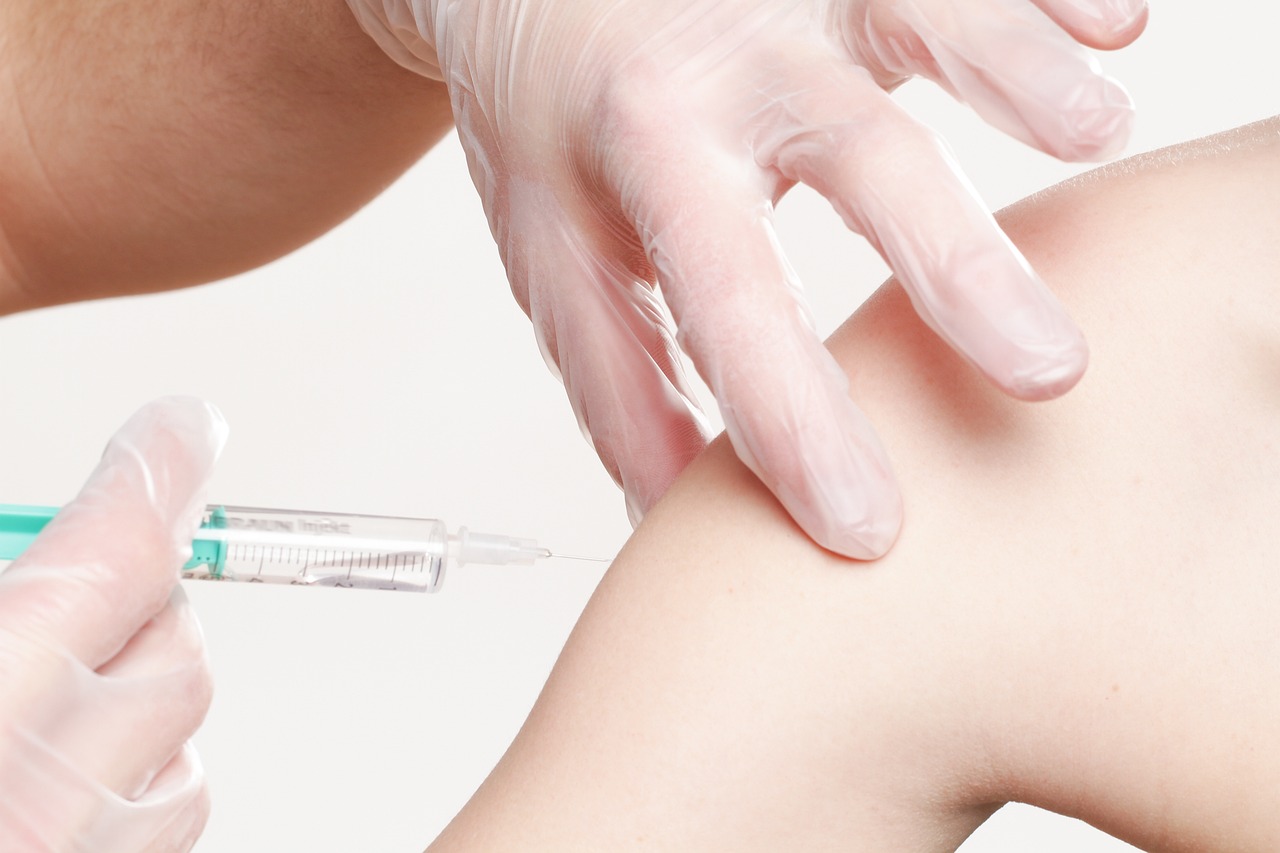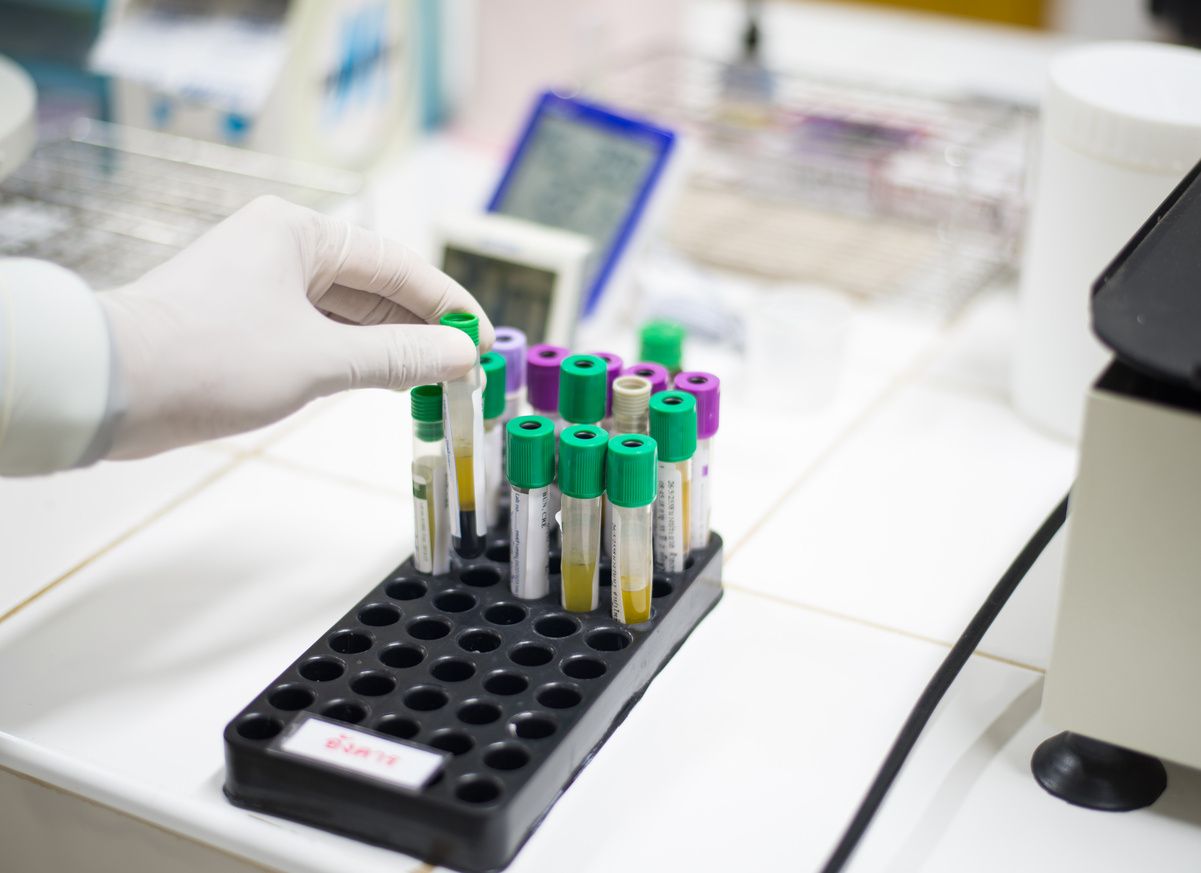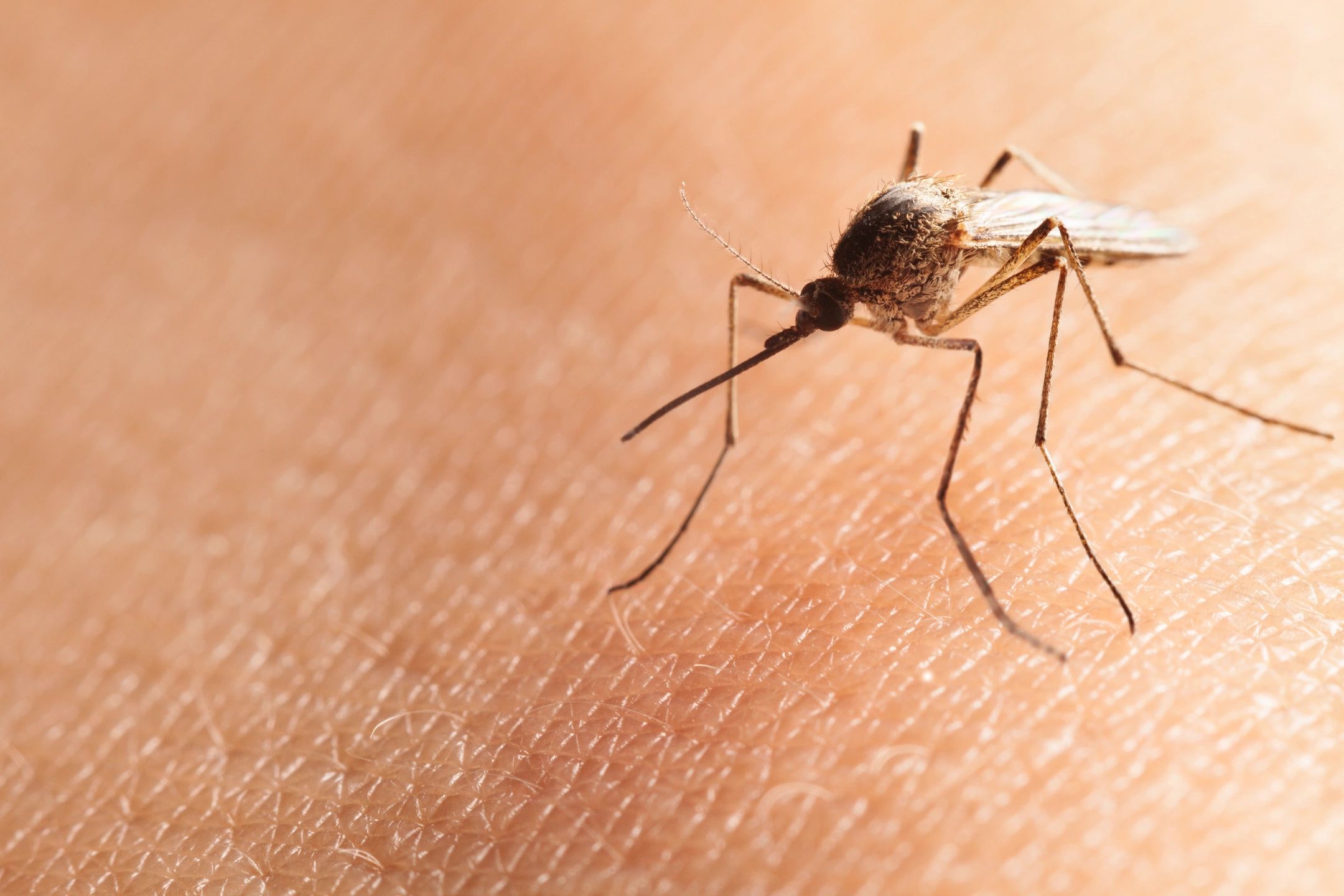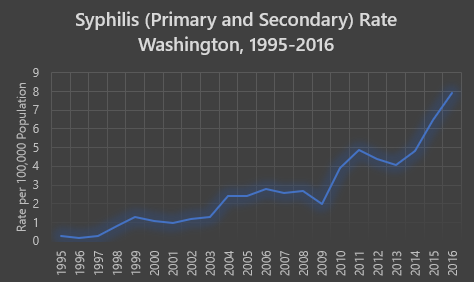-
09/15/25 Health Advisory: 2025–2026 respiratory-illness season vaccine recommendations
Summary Influenza COVID-19 RSV Co-administration of COVID-19, flu, and RSV vaccines is safe. Vaccination is one of the best ways to prevent severe disease and hospitalization. COVID-19 vaccine recommendations and Washington State Department of Health (DOH) support evidence-based recommendations from trusted national medical specialty societies, including the American Academy of Pediatrics (AAP), the American Academy…
-
Health Advisory: Unhealthy Air Quality
Unhealthy Air Quality Guidance for Healthcare Providers On Aug. 19, 2018, the Puget Sound Clean Air Agency determined air quality in Pierce County will be unhealthy for everyone for the next several days. This means everyone should stay indoors and refrain from outdoor activities until the clean air agency lifts or revises the air quality…
-
-
Health Advisory: Hepatitis A Outbreaks Among Homeless in California
Actions Requested Have increased suspicion for acute hepatitis A among people with acute onset of jaundice, markedly elevated liver function tests and other symptoms of acute viral hepatitis. Especially in those who are homeless and/or using drugs. Perform serologic testing on suspect cases: hepatitis A IgM or acute hepatitis panel. Provide hepatitis A vaccine to…
-
Health Advisory: Increase in Gonorrhea
Actions Requested Be aware that gonorrhea is increasing, especially among people age 20 to 29. Take a sexual history and screen for gonorrhea and other STDs in all sexually active people, especially those at increased risk. Perform routine gonorrhea and chlamydia screening for all sexually active women under age 25, including screening multiple sites (cervix,…
-
Hepatitis A Fact Sheet
Overview Transmission: Fecal-oral. Incubation Period: Average 28-30 days (range 15-50 days). Symptoms: Anorexia, vomiting, abdominal pain, fatigue, followed by jaundice. Severity of illness increases with age. Infectious Period: 14 days prior to onset of jaundice to seven days after onset of jaundice. Infants can excrete virus in the stool for longer periods of time. Epidemiology:…
-
Health Advisory: Zika Testing
Action Requested Know how to order appropriate Zika virus testing through commercial laboratories. Background Because testing for Zika virus is now widely available through commercial laboratories, testing for Zika virus at Washington State Public Health Laboratories is now limited to: Patients for whom cost is a barrier to testing. Infants with possible congenital exposure to…
-
Health Advisory: Measles Outbreak in Minneapolis
Actions Requested Be aware of an expanding outbreak of measles in Minneapolis, MN. Advise patients planning travel of increased measles activity and ensure they are adequately immunized. When evaluating febrile rash illness, ask about out-of-state and out-of-country travel within the last 21 days. Background A measles outbreak is occurring in the Minneapolis, Minnesota metropolitan area.…
-
“What is Public Health?” from American Public Health Association
Learn why public health is essential in American Public Health Association’s “What Is Public Health?” article. Read Fact Sheet →
-
Health Advisory: Syphilis Increase and Prevention of Congenital Syphilis
Requested Actions Test all pregnant women for syphilis at the first prenatal encounter. Repeat syphilis testing during the third trimester among women at risk for STD (e.g., recent history of bacterial STD, multiple partners, homelessness; methamphetamine, opioid, or cocaine use; exchanging sex for money, drugs, etc.; having a sex partner who is a man who…
-
Hand Hygiene In Healthcare Settings
What is hand hygiene? Hand hygiene refers to the use of hand washing with soap and water or alcohol hand sanitizer (60% alcohol or greater) in order to reduce infection rates, reduce transmission of antimicrobial resistant organisms and stop outbreaks of communicable disease. Why is hand hygiene important? When should I use hand hygiene? How…
